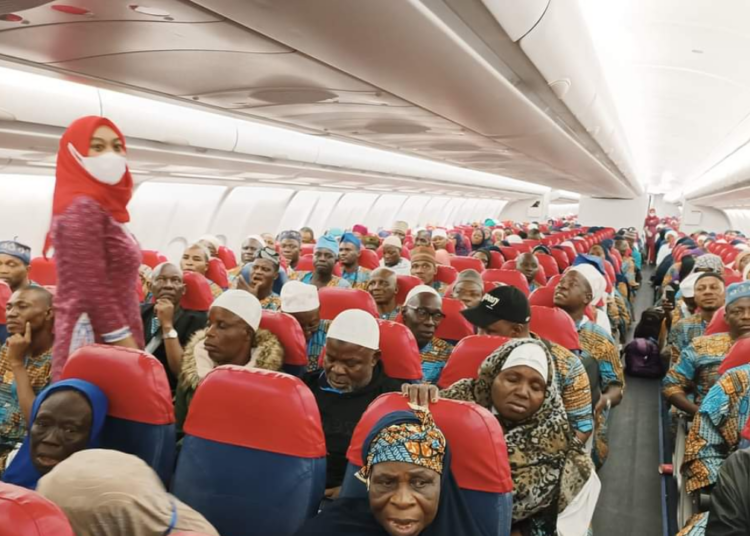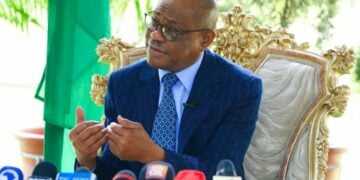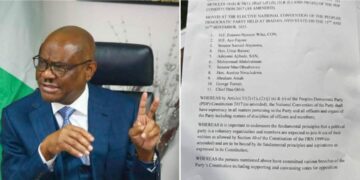Chairman of the Kano State Pilgrims Welfare Board, Alhaji Yusuf Lawal, has added his voice to the clarion call on the National Hajj Commission of Nigeria (NAHCON), to allow states handle the medical needs of their respective pilgrims during the Hajj exercise.
Lawal made the call in a chat with LEADERSHIP in Makkah, saying it will guarantee proper coordination and enhance effective medical service delivery to the pilgrims.
According to him, pilgrims are the guests of Almighty Allah and should be treated with compassion and utmost care rather than subjecting them to horrible pain in search of medical need while in the holy land.
He described the 2023 Hajj as a huge success for Kano State except that; “We are grateful to Almighty Allah for the successes recorded so far in this year’s Hajj operations. However, we have issues of responsibility by the NAHCON who have taken over the responsibilities of medical services as well as feeding and accommodation in Madinah.
“That has not given our pilgrims the best of healthcare services they require and
we cannot hold our arms or be looking away when our pilgrims are not given the best of the care services required.
“For instance, when we arrived in Makkah, I went round to ask our doctors if they have challenges and they said their main challenge was the supply of drugs from NAHCON. NAHCON agreed to supply all the drugs we need and we were made to contribute, but the gap between demand and supply was very wide. This is a humanitarian service, you are dealing with human lives and you can’t afford to delay.
“This is one thing we have to discuss with NAHCON and let them know the need to allow state pilgrims boards, like is done in the past, buy their own drugs and handle their medical service because we know the pilgrims and their health challenges. Some pilgrims have chronic ailments like diabetes, ulcer or heart problems and so on. The state will collate the records and provide the required drugs for them.
“Allah says pilgrims are My guests, handle them with compassion and make them happy, but what we are witnessing here in Makkah is far from it. Our pilgrims will go to NAHCON’s clinic, spend the whole day and nobody will attend to them.
“Again, the issue of feeding and accommodation in Madinah, though, the accommodations were quite okay but the handling was a serious concern. For instance, when first we arrived in Makkah, only two NAHCON’s officials were on ground to take our pilgrims to the hotel and allocate rooms, how would two persons handle over 500 pilgrims and in the process, we were stranded because they couldn’t have access to their room on time. The food was poorly served as well. I strongly believe that NAHCON is overwhelmed and needs to relinquish some of its responsibilities to states for effective coordination and service delivery,” Lawal urged.





